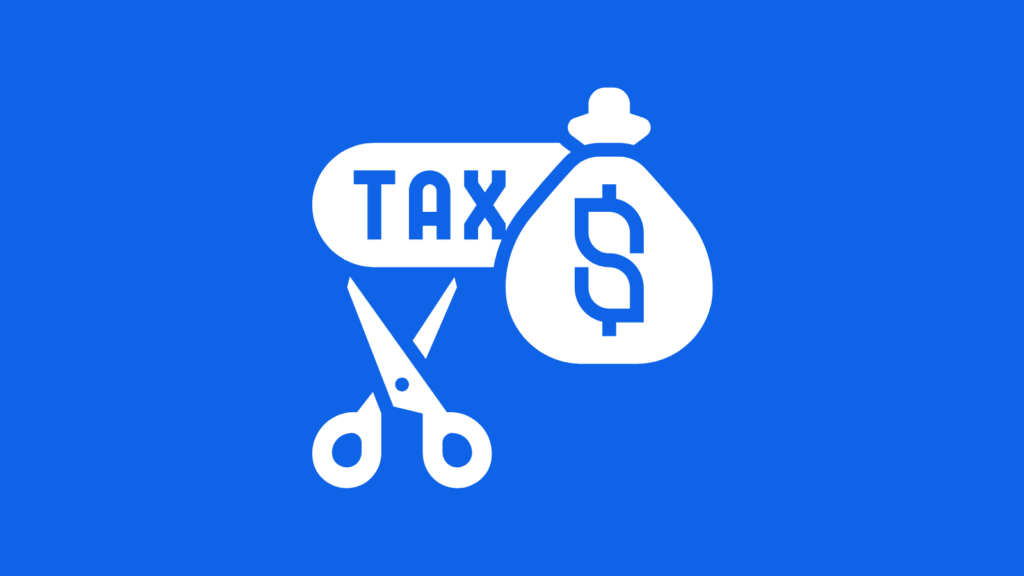What’s the Penalty for Not Filing Taxes
November 14, 2022

peakreliance
Accounting, Bookkeeping, CPA
Most, if not all, taxpayers don’t intentionally file their taxes late. There are many good reasons why companies often fail to file their taxes on time however, it’s important to file tax return as soon as possible, even if a company can’t pay them yet.
Penalties for not filing taxes by IRS
There are two parts to filing taxes:
- The actual tax returns
- The payment of the taxes owed
If these are not done by the IRS’s deadlines, there are two penalties that will be charged.
-
Failure to file taxes
In case of failure to file your tax return with the IRS by the deadline, IRS will charge 5% of the unpaid taxes every month until the income tax return has submitted. The maximum penalty will not surpass 25% of the unpaid taxes.
In case the tax return hasn’t been filed within sixty days of the deadline, the lowest penalty for failure to file is $210. If the amount of owed taxes is less than that amount, the penalty is 100% of the total tax bill.
2. Failure to pay taxes
If federal tax return paperwork is filed but tax bill hasn’t been paid on time, the IRS will charge a penalty of 0.5% of the unpaid taxes every month.
In case where you fail to file your tax return along with not having paid any taxes due by the deadline, the penalty charged per month for both is 5%. In all cases, penalties will be stopped at 25% of the year’s tax bill.
Failure to file and pay your company’s taxes is considered a federal crime. The IRS has an established administrative penalty schedule in place for delayed filing, but the longer you wait to file, the bigger the risk of potential civil or criminal penalties.
What happens if you don’t file taxes at all?
The IRS will alert you about this failure in increasingly direct ways.
1. You’ll get reminder letters.
2. You’ll start acquiring penalties.
3. Your assets may be levied.
4. The IRS will file for you.
5. There might be legal consequences.
What to do?
If deadline is over, the IRS may file a “substitute return” for you. However, as it is very well understood, the IRS will not be looking to save you any money and a substitute return will not contain any of the standard deductions your accountant would naturally include in your tax return. Working example, a substitute return only permits one exclusion: single or married filing taxes separate, so you will end up with higher tax liability than if you would have just filed.
The bottom line is, there are several reasons to file your tax return even if you cannot pay, including:
- Avoiding or reducing the “failure-to-file” penalty
- Avoiding a substitute return being filed by the IRS, and availing your adjustments, deductions and exemptions.
- Starting the act of limitations for a possible audit of your return.
- Starting the act of limitations for collection of the tax, interest, and penalties on your return.
Whenever IRS finds out that you owe them money, they will send you a bill called a “Notice of Tax Due” and “Demand for Payment”. This document lists the taxes you owe, along with interest and penalties. Because interest and penalties continue to accumulate, you should pay as soon as possible.
Payment Options and Exemptions
It’s smart to always pay as much as one can, to decrease the amount of interest and penalties. Once the payment is made you can write or visit the nearest IRS office and inform them about your situation. Companies can pay their due taxes to the IRS through the following ways:
- An electronic funds transfer from your bank account
- A debit/credit card
- A same-day bank wire or
- An electronic funds withdrawal at the time of e-filing your return.
Based on your situation, the IRS may offer one of the following resolutions to paying your bill:
-
Installment Option
IRS may agree that you make monthly payments under an installment agreement. This lets your full payment to be compensated in smaller, more manageable chunks.
-
Temporary Delay
The IRS may give you the option of temporarily delaying the collection of your bill. The condition is if they determine you really cannot pay any of your tax debt because of a logical. The IRS will however be on their toes and continue to evaluate your ability to. They may also file a “Notice of Federal Tax Lien” to protect the government’s interest in your assets.
-
Offer in Compromise
The IRS has the option to settle your unpaid tax accounts for less than the full amount of the due amount if you qualify for an “Offer in Compromise”. This applies to all taxes, interest and penalties. An Offer in Compromise is the last option and is only considered after all other payment alternatives have been checked.
Post Tags :
Audit, IRS, IRS Penalty for not filing, penalties for late tax filing, Tax filing
About Us
Empowering small businesses and individuals with efficient and reliable bookkeeping & tax services.



















